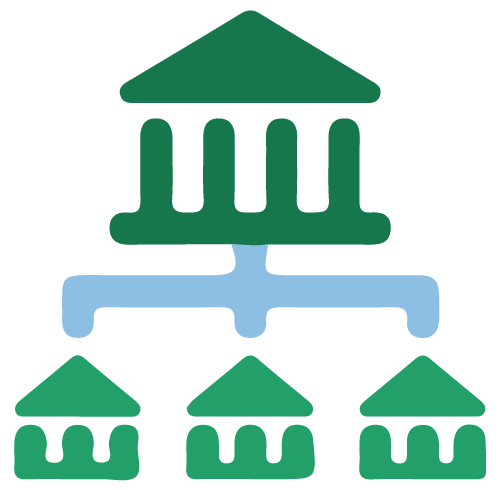Represented by an estimated 73 million people, baby boomers are the second-most populated generation living today. With the generation beginning at the end of World War II, baby boomers are now aging into their 60s, 70s, and 80s — and by 2030, according to Census.gov, all baby boomers will be 65 or older.1
As they get older, baby boomers are going to start dealing with more intensive healthcare needs. Those with limited access to financial resources and waning independence will likely be leaning on their children, younger relatives, and friends and neighbors for additional support as family caregivers.
If your parents are aging into retirement, or if you want to be as prepared as possible for your own aging and long-term healthcare, it’s important to know the full financial impact of caregiving — and the best strategies to mitigate that impact.





